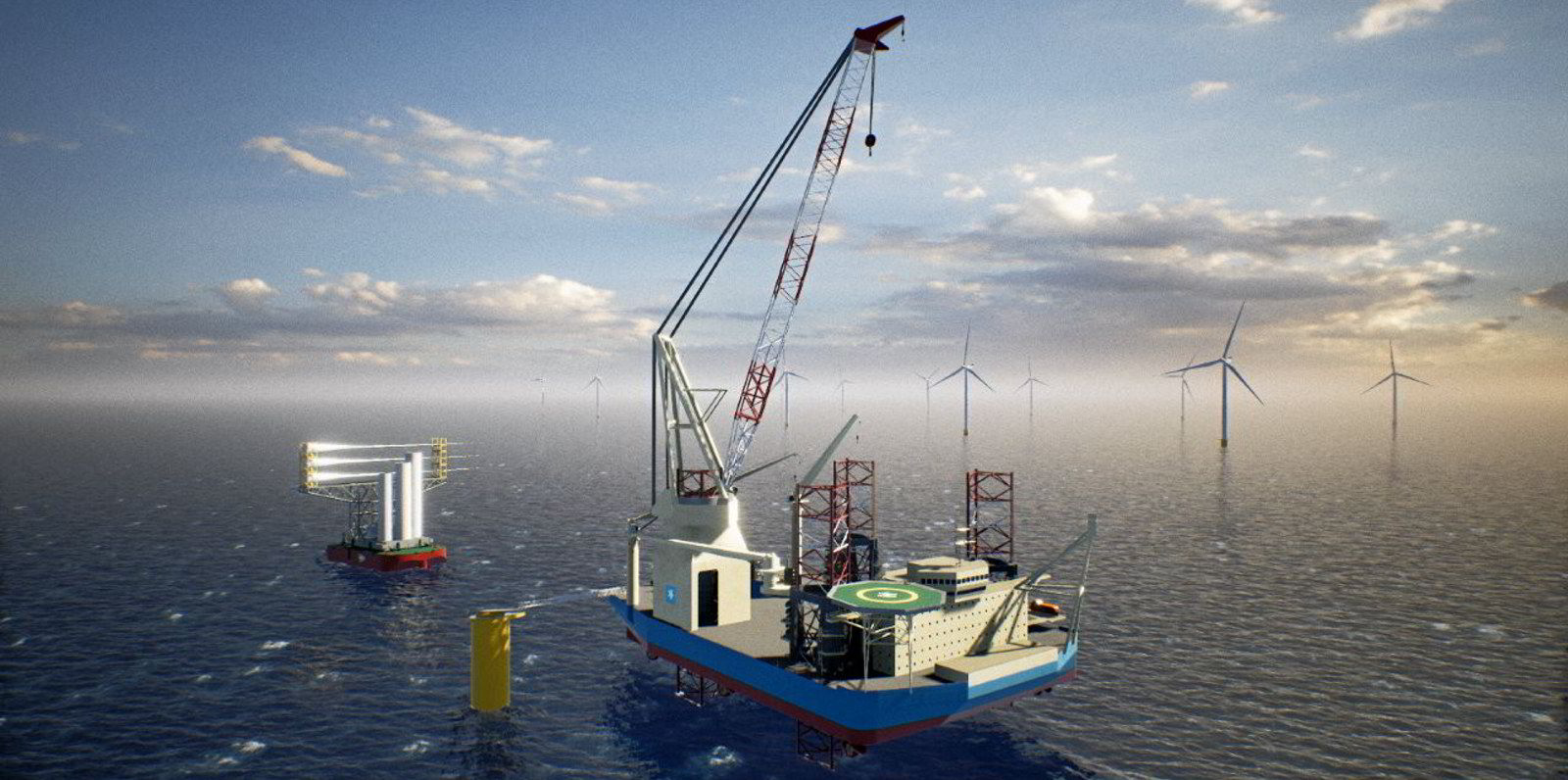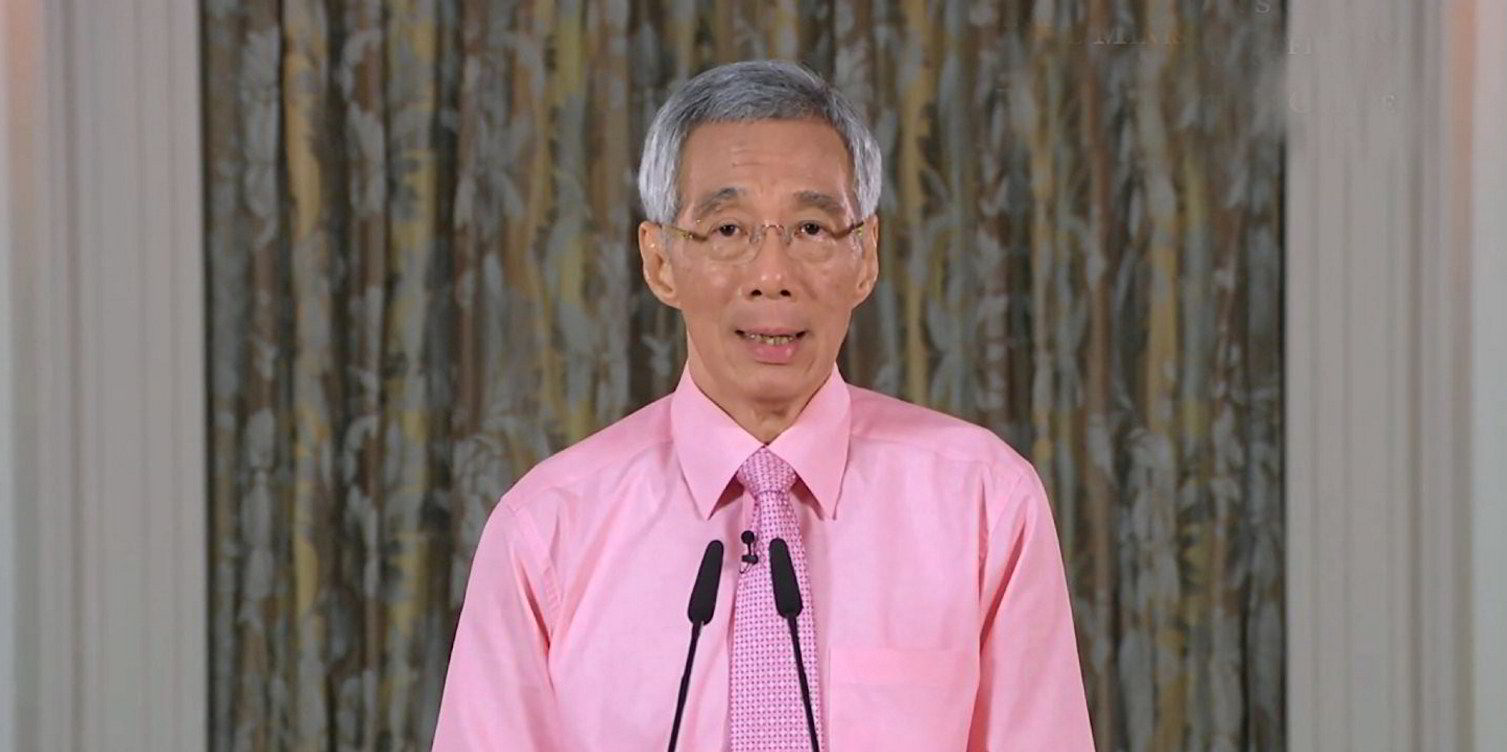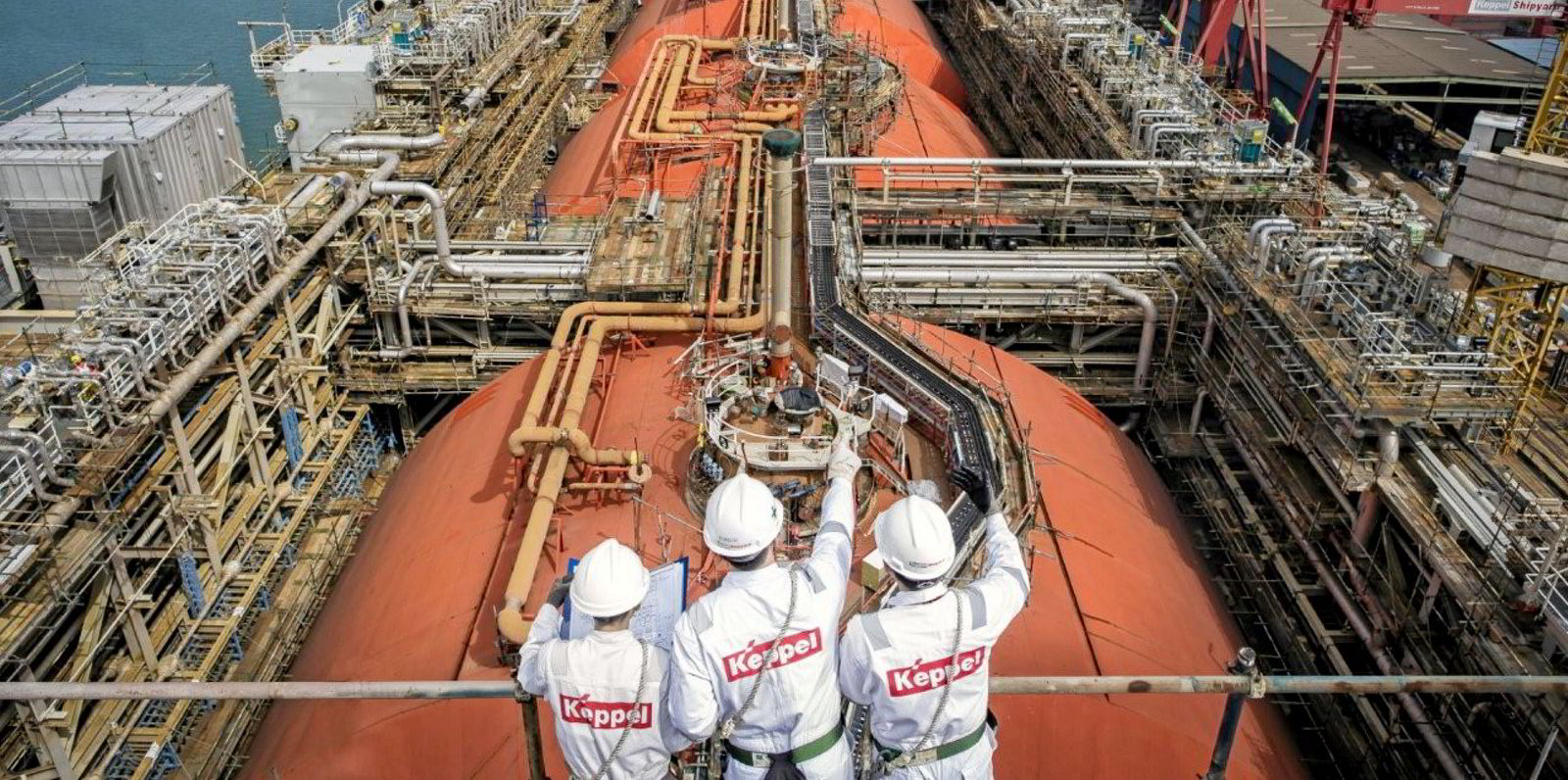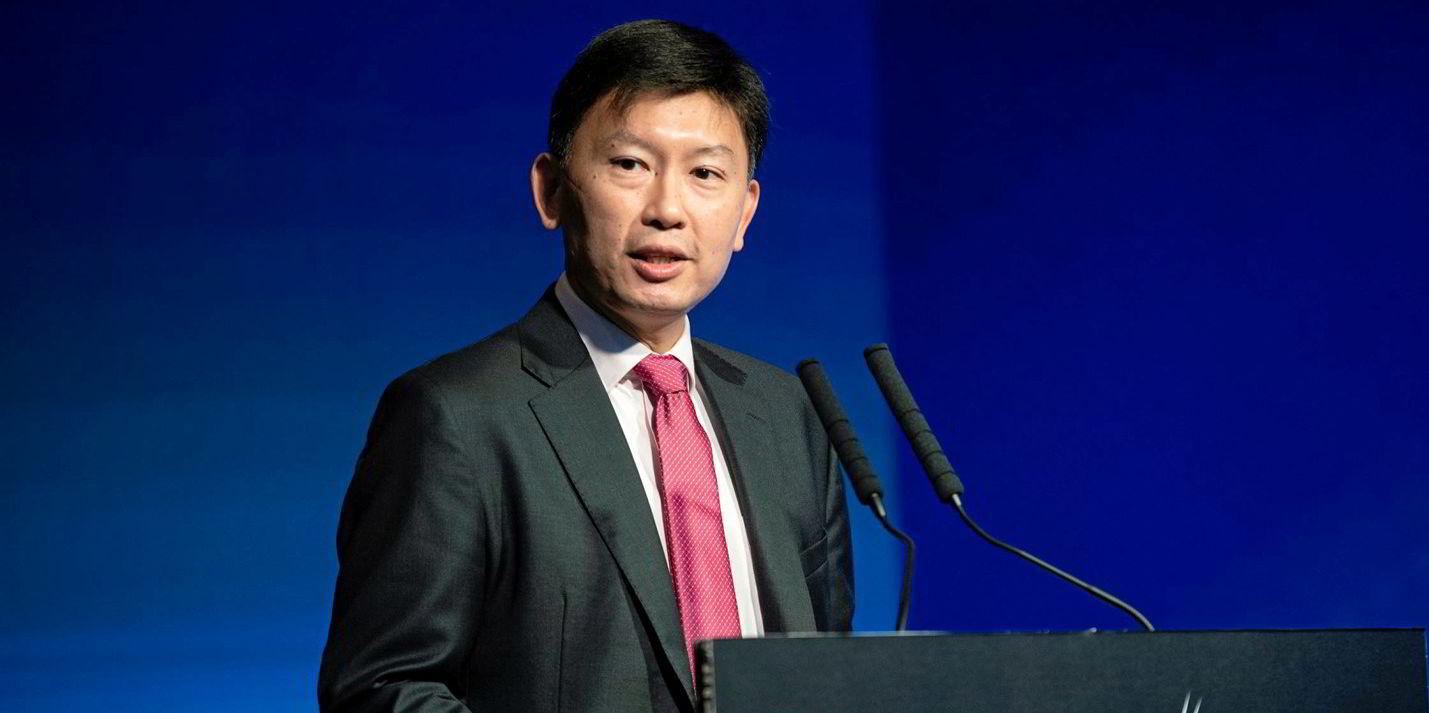The merger of Keppel Offshore & Marine (Keppel O&M) and Sembcorp Marine had started to become like one of those will-they-won’t-they plot lines in a typical US TV sitcom.
From the start “the couple” seemed destined to be together, but for one reason or another (or maybe just to extend the plot line), they never quite made it happen.
Sembcorp Marine’s merger with the bulk of Keppel Corp’s offshore activities has certainly had a fair few twists and turns over the years.
But finally, the marriage has been announced and now the hard work really begins.
Globally, shipbuilders catering to the offshore sector have been restructuring to stay afloat as orders slumped following the collapse in crude oil prices in 2014.
Meanwhile, thousands of jobs have been lost and shipyards have been closed as the big oil companies slashed spending on rigs and other offshore equipment.
Singapore’s offshore industry has also faced the challenges posed by climate change, disruptive technology and most recently the Covid-19 pandemic.
Yards in Singapore were among the worst-hit anywhere in the world during the pandemic as strict Covid-19 border restrictions made it difficult to get skilled manpower from overseas.
These issues have prompted Singapore to try and rewrite one of the world’s most successful economic models in what will likely be the city-state’s largest industrial overhaul since the early 2000s.
The Singapore government has, for decades, curated the city-state’s future through a group of state-owned champions, shifting direction as needed to stay relevant, according to Bloomberg.
But the latest rewriting of the nation’s industrial playbook may prove harder as the giant firms take on competitors that are often newer and more nimble.
For its part, Sembcorp Marine and Keppel O&M have opted to pivot toward green or renewable technologies such as offshore wind and alternative sources including hydrogen.
They believe growing commitments by governments and companies around the world seeking to achieve net-zero carbon emissions are driving increasing demand for clean energy solutions.

But the transition will not be a smooth and easy path; protectionism, Russia’s invasion of Ukraine and growing mistrust between the US-China could all present difficulties.
Speaking at Singapore’s recent May Day rally, prime minister Lee Hsien Loong, the son of Singapore’s modern-day founding father Lee Kuan Yew, said the country cannot escape global headwinds from developments such as the Russia-Ukraine crisis.
“Beyond our security, these international tensions will affect Singapore in many ways,” he said.
“Globally, countries will be unable to make progress on the many complex and urgent problems affecting all of us, including Singapore. For example, pandemics and climate change.
“These are global problems; no single country can deal with them alone. But if countries are fighting with one another, there is no hope of them cooperating with each other to solve such problems,” he added.
Lee also highlighted one global cooperation framework that is particularly crucial to Singapore, and that is the multilateral trading system.
“Already, before the war, countries were restricting trade and investments with other countries that they no longer trusted,” said Lee.
With Covid-19, there was further disruption to global supply chains and the vulnerabilities of these supply chains were exposed.
“Countries started talking about ‘re-shoring’ supply chains to boost self-sufficiency, or ‘friend-shoring’ to work only with trusted friends and allies,” he said.
“Now with the war in Ukraine, these trends are going to be pushed even further. But it is bad for us because Singapore’s economy depends heavily on international trade and investment.
“If countries no longer accept the rules of free trade, that makes it harder for us to continue to attract investments, to expand our export markets, to grow our economy, and to earn our keep in the world,” he added.
The imperative for Singapore to move forward, to renew, to endure and to transform itself has never been stronger.
It is emerging from the pandemic, into a world that has not only been altered by Covid-19 but is threatened by significant security challenges. It can feel the headwinds, even as it senses the new opportunities opening up.
For Singapore, change and transformation is an unending task, as it continually reinvents itself to maintain its place in the world.






